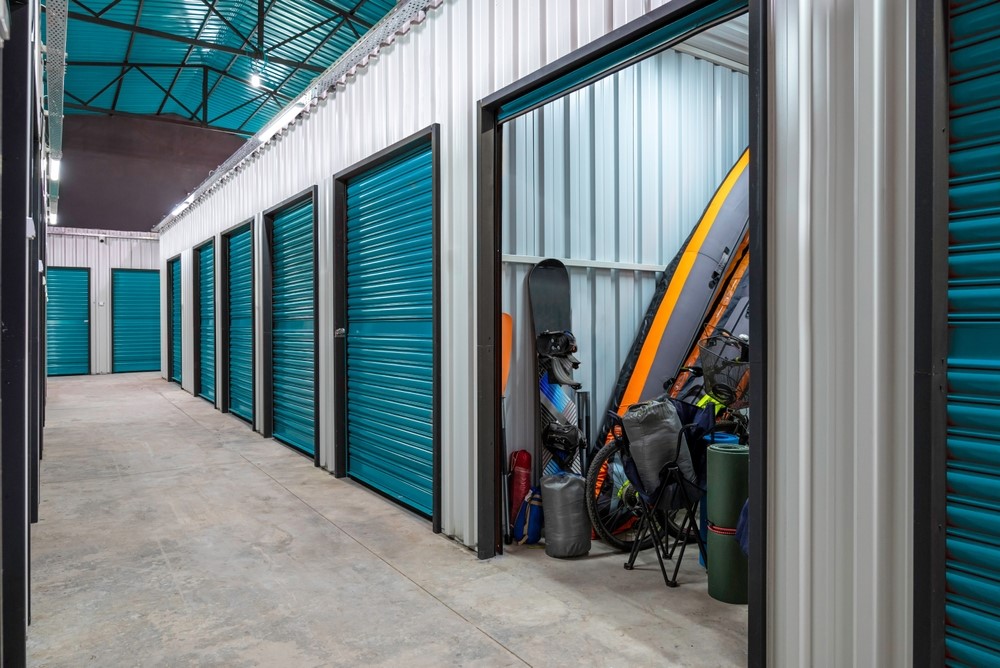Are Storage Units Covered by Home Insurance?

The short answer is: it depends. When it comes to storage units, the coverage provided by your home insurance policy can depend on the specifics of the policy and the type of items you're storing.
What is usually covered?
Home insurance coverage for storage units: Many home insurance policies do offer some level of coverage for belongings stored in an off-site location, such as a storage unit. This coverage typically falls under your personal property protection, which covers your belongings in the event of damage or loss due to fire, theft, or vandalism.
Limits and conditions: The coverage, though, may have limitations. Most home insurance policies do cover items stored in a storage unit, but typically up to a certain percentage of your total policy limit (usually 10-15%). For example, if your policy covers $60,000 in personal property, your storage unit might only be covered for $6,000.
Exceptions and additional coverage: If you're storing high-value items (like artwork, antiques, or electronics), or if the storage unit is located in a high-risk area, you may need additional insurance coverage. Some insurers offer a rider or endorsement that you can add to your home insurance policy to increase coverage for off-site storage.
Do you need additional storage insurance?
While your home insurance provides some coverage, you might want to consider additional storage unit insurance if:
- The value of your stored items exceeds your off-premises coverage limit.
- You're storing items for more than 90 days.
- You have high-value items that aren't fully covered by your standard policy.
- Many storage facilities offer their own insurance or require you to have separate coverage.
Tips to save on your home insurance
Here are several ways to lower your home insurance premiums:
- Bundle policies: Combine your home and auto insurance with the same provider for potential discounts.
- Increase your deductible: A higher deductible often results in lower premiums. Just make sure you can afford the higher deductible if you need to file a claim.
- Improve home security: Installing security systems, deadbolts, smoke detectors, and even a home fire sprinkler system can reduce your premium. Insurance companies typically offer discounts for homes with added security features.
- Maintain a good credit score: Many insurers offer better rates to those with higher credit scores.
- Review and update your policy regularly: Ensure you're not over-insured or paying for coverage you don't need.
- Ask about available discounts: Inquire about discounts for being claim-free, loyalty discounts, or discounts for certain professions or affiliations.
- Avoid making small claims: Filing multiple small claims can lead to higher premiums in the future. Only file claims for major damage and try to handle smaller issues on your own.
- Consider a standalone storage insurance policy: If you need extensive coverage for stored items, a separate policy might be more cost-effective than increasing your home insurance limits.
Our Western Financial Group home insurance experts can help you understand exactly how your stored items are covered and whether you need additional protection. As brokers for Canada’s most trusted insurers, we do all the heavy lifting for you. This means we get you the right coverage at the best possible price.



